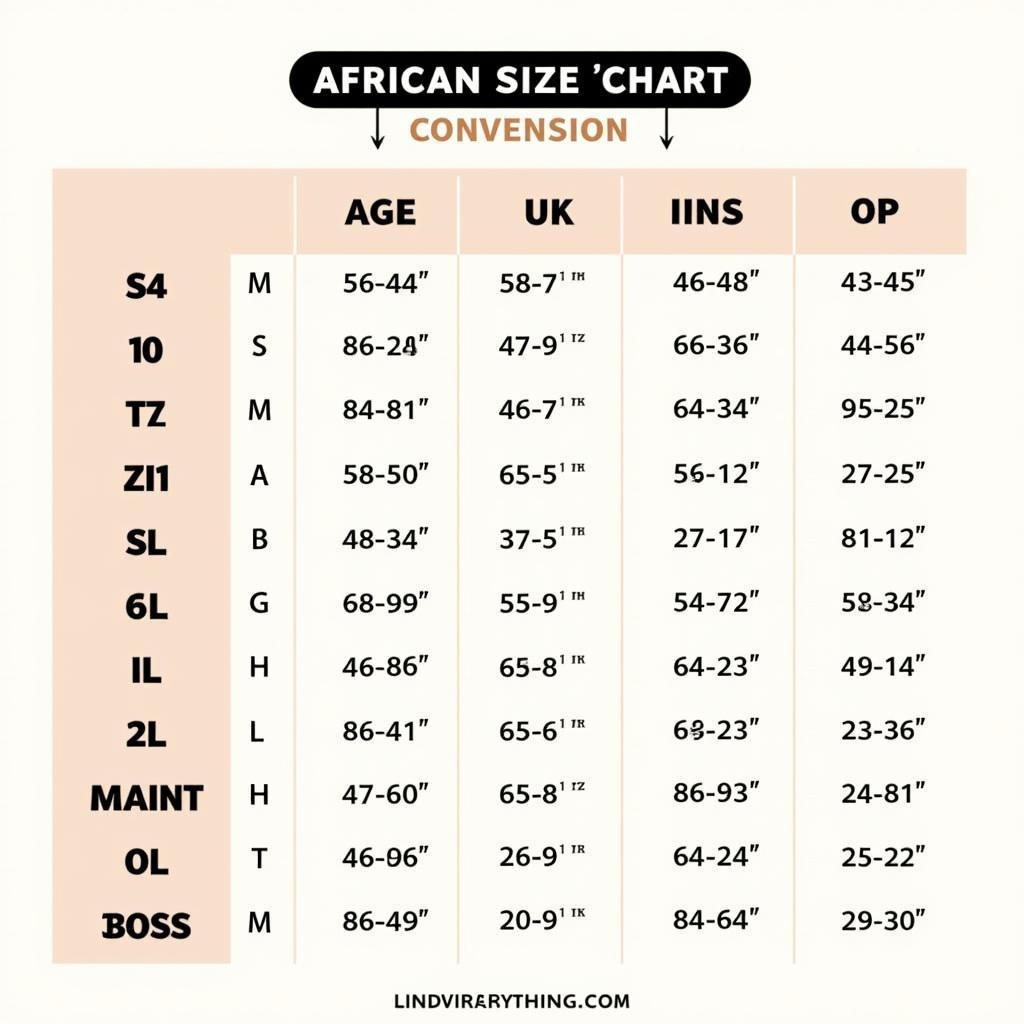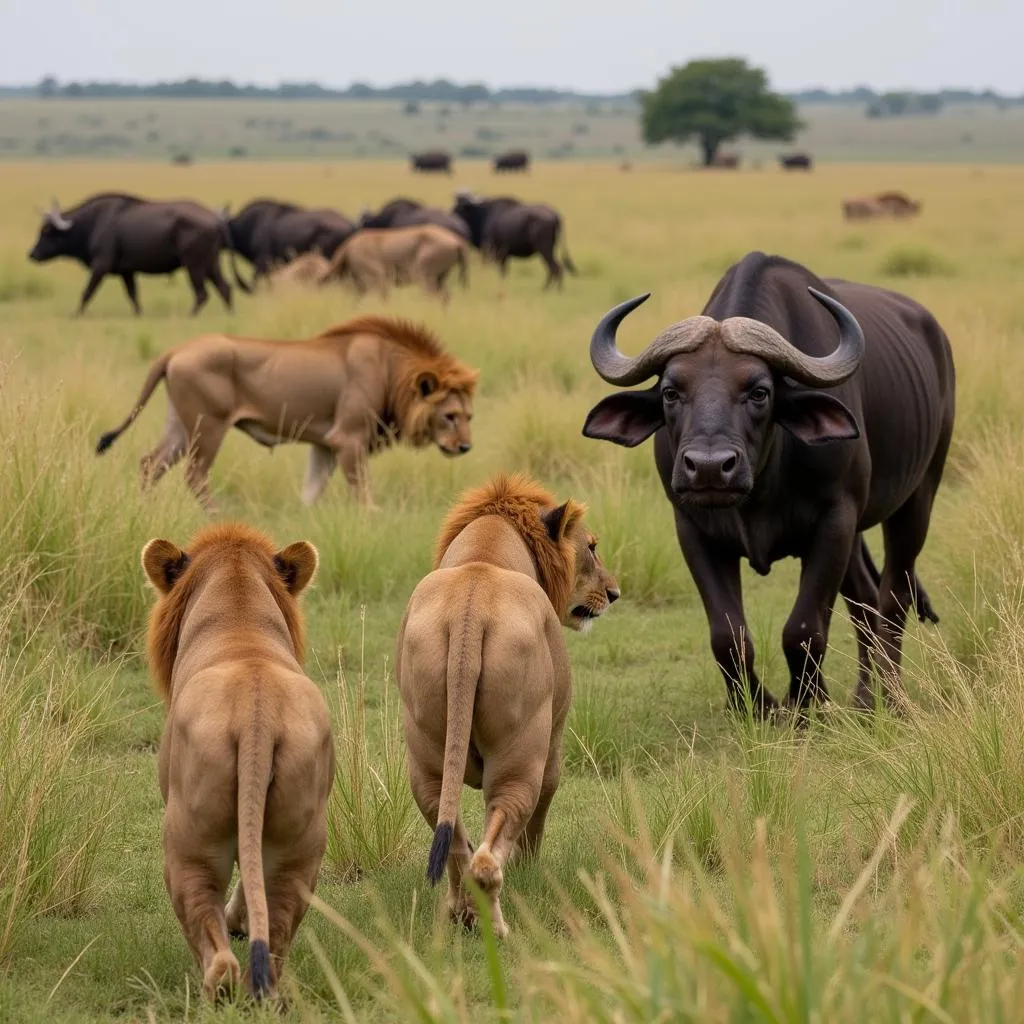Unveiling the Secrets of African Commando Training Camps
African Commando Training Camps are shrouded in a certain mystique. These rigorous programs forge elite soldiers capable of operating in diverse and challenging environments across the African continent. From honing survival skills in unforgiving terrains to mastering advanced combat tactics, these camps play a crucial role in shaping the security landscape of various nations.
Inside African Commando Training: A Glimpse into the Crucible
What does it take to become a commando in Africa? The training is notoriously demanding, both physically and mentally. Recruits are pushed to their limits and beyond, developing resilience, discipline, and unwavering commitment. Physical conditioning forms the bedrock of the program, involving grueling endurance runs, obstacle courses, and close-quarters combat drills.
The Mental Fortitude of an African Commando
Beyond physical prowess, psychological strength is paramount. African commando training camps emphasize mental resilience, strategic thinking, and the ability to make critical decisions under immense pressure. This often involves sleep deprivation, simulated combat scenarios, and rigorous interrogation exercises to test their ability to remain focused and effective even in the most extreme circumstances.
Diverse Training Grounds: Adapting to the African Terrain
The vastness and diversity of the African continent necessitate adaptable training programs. From the arid deserts of North Africa to the dense jungles of Central Africa, commando units must be prepared for anything. Training locations are carefully selected to reflect the diverse operational environments, ensuring that soldiers are equipped to handle the unique challenges each terrain presents. This includes navigation, camouflage, and survival techniques specific to each region.
Specialized Skills for African Commandos
The curriculum often includes specialized skills crucial for operating in the African context. These can range from counter-terrorism tactics and anti-poaching operations to disaster relief and humanitarian assistance. Some camps even incorporate training in specific regional languages and cultural awareness, further enhancing their ability to engage effectively in complex situations.
The Future of African Commando Training Camps
As security challenges evolve, so too must the training methods employed in these camps. There is a growing emphasis on incorporating advanced technology, such as drone operation and cyber warfare training, into the curriculum. Furthermore, collaborations between African nations and international partners are becoming increasingly common, fostering the exchange of best practices and enhancing interoperability in multinational peacekeeping operations.
Investing in Human Capital: The Impact of Commando Training
Investing in well-trained commando units is an investment in national security and stability. These highly skilled individuals play a vital role in safeguarding borders, combating terrorism, and maintaining peace within their respective nations. Beyond their military contributions, many former commandos transition into civilian roles where their discipline, leadership, and problem-solving skills prove invaluable.
“The hallmark of an effective commando is not just physical strength, but the ability to adapt, overcome, and lead in the most challenging situations,” says Colonel Adebayo Oladele (ret.), a former training instructor at a prominent West African commando training camp.
Conclusion
African commando training camps represent a critical component of security and stability across the continent. These rigorous programs forge highly skilled and resilient individuals capable of operating in a diverse range of challenging environments. By continually adapting and evolving their training methodologies, these camps ensure that African nations have the necessary resources to address current and future security threats. Understanding the intricacies of these programs provides valuable insights into the dedication and commitment required to become an elite African commando.
FAQ
- How long does commando training typically last in Africa? Training duration varies but generally ranges from six months to two years.
- What are the physical requirements for joining a commando training camp? Aspiring commandos must meet stringent physical fitness standards, including endurance, strength, and agility tests.
- Are women allowed to participate in African commando training? While historically male-dominated, some African nations are increasingly incorporating women into their commando units.
- What career opportunities are available for former commandos? Many former commandos pursue careers in law enforcement, security, or private military contracting, while others leverage their skills in civilian leadership roles.
- How do African commando training camps compare to those in other parts of the world? African commando training often emphasizes adaptability to diverse terrains and climates unique to the continent.
- What is the role of technology in modern African commando training? Technology is increasingly integrated into training, with a focus on drone operation, cyber warfare, and advanced communication systems.
- How do African governments ensure the ethical conduct of their commando units? Ethical considerations and adherence to international humanitarian law are typically integrated into the training curriculum.
For further support, please contact us at Phone Number: +255768904061, Email: kaka.mag@gmail.com, or visit our address: Mbarali DC Mawindi, Kangaga, Tanzania. We have a 24/7 customer service team.



